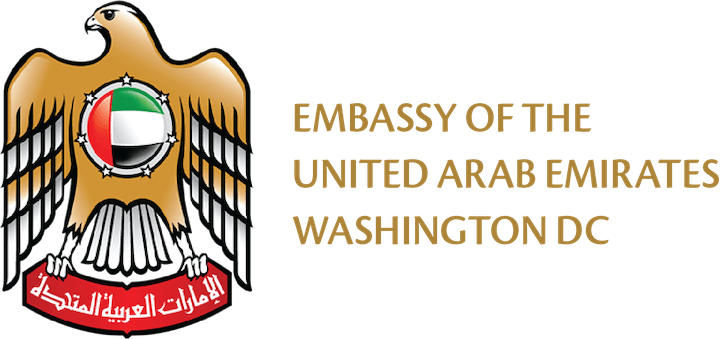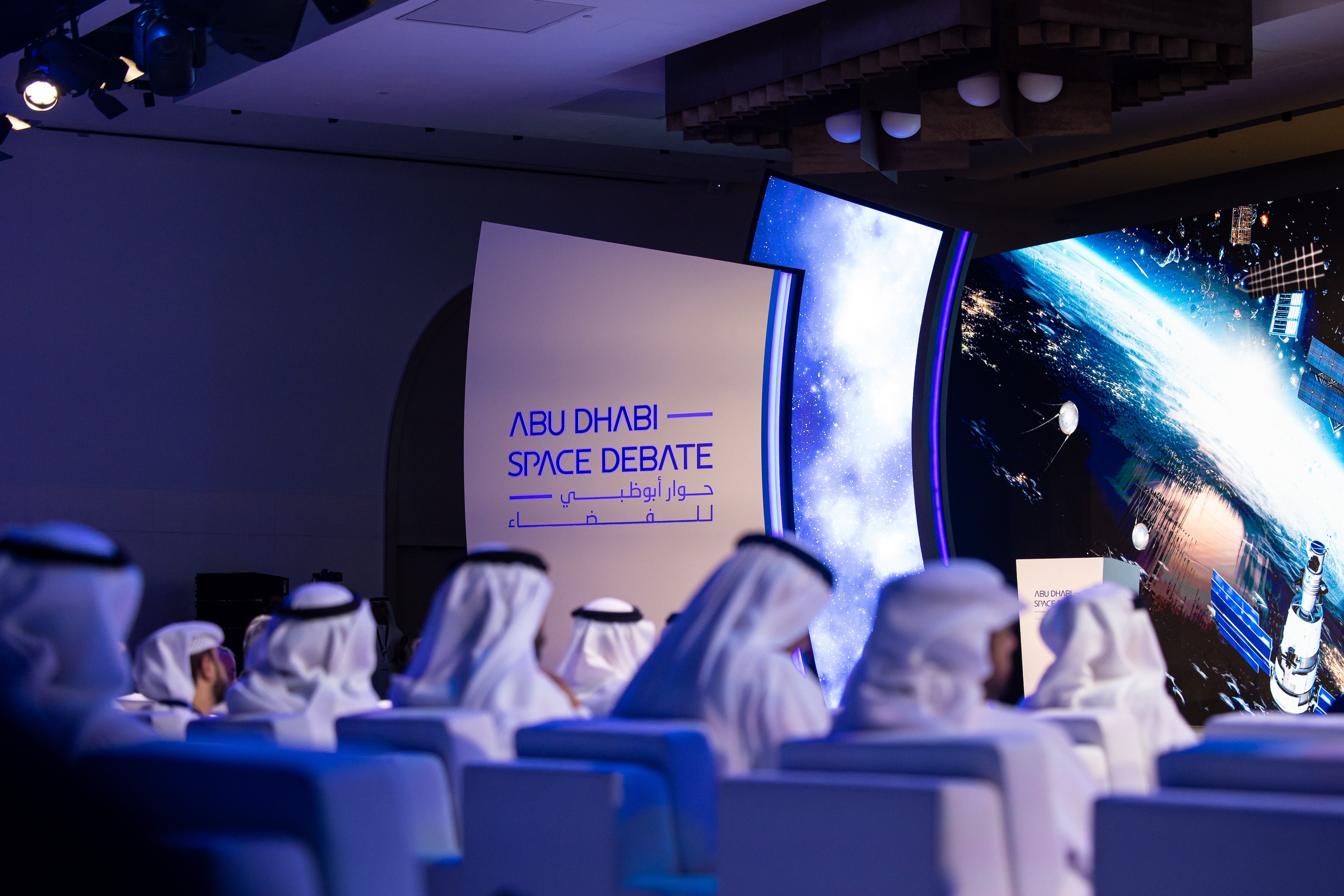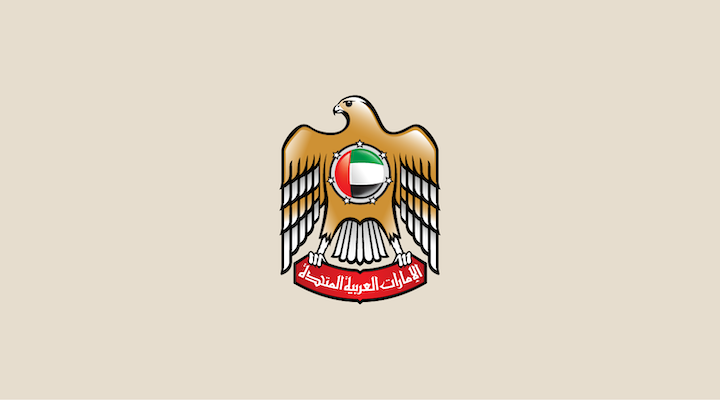
By Noura Almazroui, Administrative attaché, Office of the Deputy Chief of Mission, UAE Embassy in Washington, D.C.
The UAE has a strong tradition of conservationism. In fact, our nation’s founder, Sheikh Zayed, took pioneering steps to protect the environment in an arid region – ahead of many environmental movements around the world. For his dedication to conservation, the late Sheikh Zayed became the first head of state to receive the World Wildlife Fund’s Golden Panda award in 1997.
The Diplomats at the UAE Embassy in Washington, DC are carrying on this tradition by helping members of the local community take action to protect the local environment.
Just recently, to mark Earth Day 2023, my Embassy colleagues and I joined Emirati students from nearby universities and our partners at Rock Creek Conservancy to help clean up Rock Creek Park in Northwest DC.
It is a beautiful park with a rich history that serves as an important green space in the city. Like any natural space, it requires constant care and upkeep. Invasive species, such as English Ivy, threaten the park’s ecological well-being.
During our visit, we helped park managers with their efforts to control the spread of English Ivy to preserve native flora. We ended the event with a hike, which put into perspective the importance of our environmental stewardship. It was fun to get our hands dirty and do our small part to protect an important green space in Washington, DC – our home away from home.
More broadly, the experience embodied the UAE’s dedication to engaging with the community around us and preserving nature. In fact, this is just one example of how we regularly partner with groups in the US to revitalize habitats, protect threatened species and maintain our planet.
In 2017, for example, we began a multi-year project with local partners in Florida to restore and preserve 100 miles of coral reef in the Florida Keys that were damaged by Hurricane Irma.
We also supported groundbreaking work with experts at the San Diego and Phoenix Zoos, to successfully reintroduce more than 6,000 of the vulnerable Arabian Oryx into their natural habitat.
In one of many ongoing collaborative projects, we are working with US partners on the Agricultural Innovation Mission for Climate. Together, we are developing new approaches to farming that rely on less water and protect the soil.
Looking ahead, there are even more environmental activities in the pipeline that we are eagerly anticipating and preparing for. We have asked Emirati students across the country to engage in meaningful Earth Day projects in their local communities, and I can’t wait to see what they come up with.





